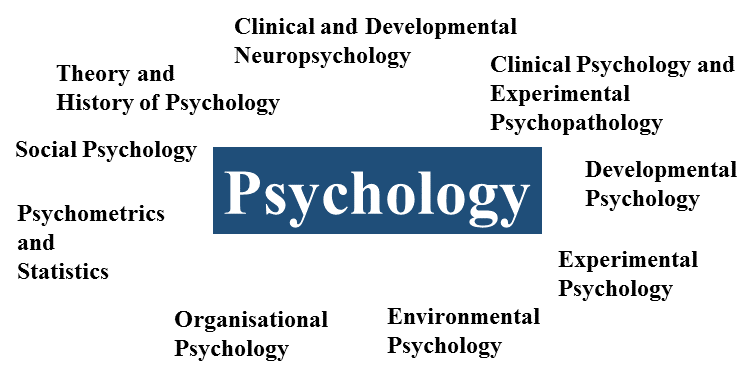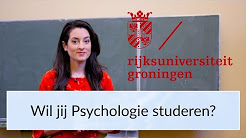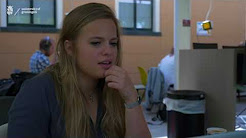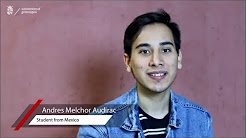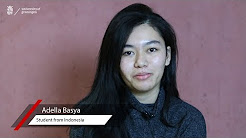Psychologie
Hoe wordt ons gedrag bepaald door biologische en sociale factoren en hoe kunnen gedrags- en ontwikkelingsstoornissen worden herkend en behandeld? Naast deze brede, klassieke vragen komen in onderwijs en onderzoek bij Psychologie in Groningen specifieke onderwerpen naar voren die uniek zijn in Nederland, zoals talentontwikkeling en creativiteit, de omgang met het milieu, en duurzame mobiliteit. Binnen de psychologie master in Groningen kun je specialisaties vinden die specifiek gericht zijn op deze onderwerpen. Ook op vragen uit de praktijk geven onderzoekers graag antwoord en advies, zowel in verband met deze unieke onderwerpen als met de klassieke thema's uit de psychologie.

